NCI
-

New lead for ovarian cancer treatment
Combining inhibitors of the BMP signaling pathway with standard chemotherapy drugs may overcome drug resistance in ovarian cancer. Read MoreDec 10, 2015
-

VICC’s Horn lands Team Leadership Award from NCI
Leora Horn, M.D., M.Sc., associate professor of Medicine and clinical director of the Thoracic Oncology Program at Vanderbilt-Ingram Cancer Center (VICC), has received a 2015 Cancer Clinical Investigator Team Leadership Award (CCITLA) from the National Cancer Institute (NCI). Read MoreNov 19, 2015
-

Immune system a must for kidney repair
A signaling protein that is essential for recovery from acute kidney injury works by increasing the population of tissue-repairing immune cells. Read MoreNov 12, 2015
-
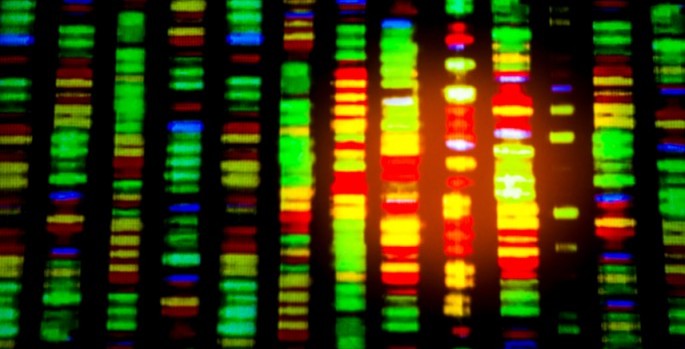
Study helps clarify components of DNA ‘copy machine’
Vanderbilt investigators have generated a “parts list” for the molecular machinery that duplicates DNA each time a cell divides. The research has implications for cancer therapies that target components of this machinery. Read MoreNov 12, 2015
-

Detect and defend against pathogens
Understanding factors, such as the receptor TLR9, that detect and defend against pathogens may lead to therapeutic approaches that promote an effective immune response to treat infections. Read MoreNov 4, 2015
-
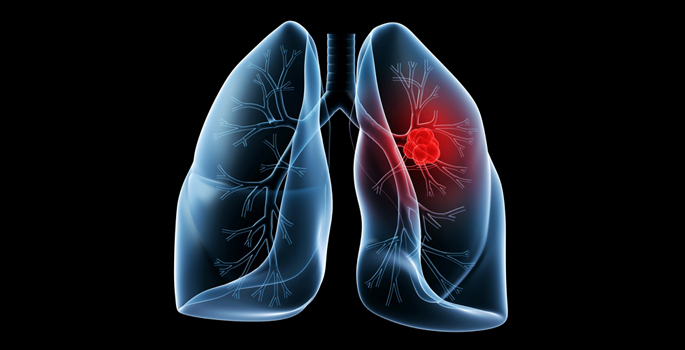
Potential target for lung cancer therapy
The glutamine transporter protein appears to contribute to the survival of lung cancer cells, suggesting it may be a useful diagnostic biomarker and target for therapies. Read MoreOct 5, 2015
-

The yin and yang of COX-2
New findings add to the understanding of how the enzyme COX-2 works, which is critical to the development of COX-2-targeted anti-inflammatory drugs. Read MoreOct 2, 2015
-

Bad “traffic” linked to cancer
Understanding how signaling molecules are transported within and out of the cell may help to uncover the causes of certain cancers. Read MoreSep 3, 2015
-

How the cell makes morphine
Vanderbilt investigators have discovered how mammals, including humans, produce the painkiller morphine. Read MoreAug 25, 2015
-
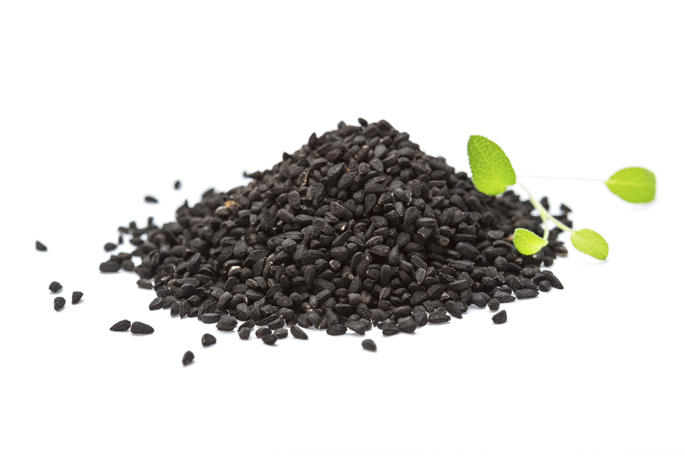
Drug combos enhance ovarian cancer cell death
Drugs that target DNA damage improve ovarian cancer cell response to platinum chemotherapies, suggesting new therapeutic opportunities. Read MoreAug 11, 2015
-
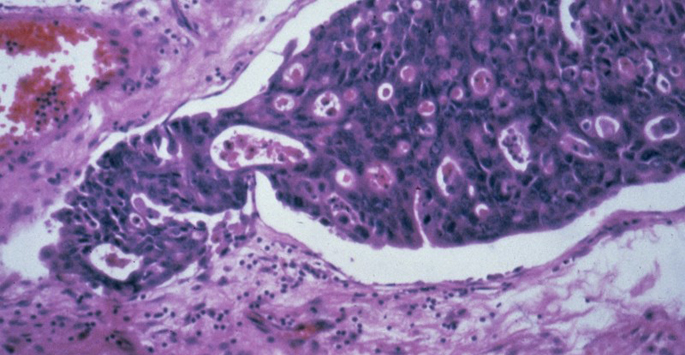
Stomach cancer cues
Vanderbilt scientists have discovered a new molecular mechanism that promotes stomach cancer development, findings that could provide new opportunities for treatment. Read MoreAug 6, 2015
-
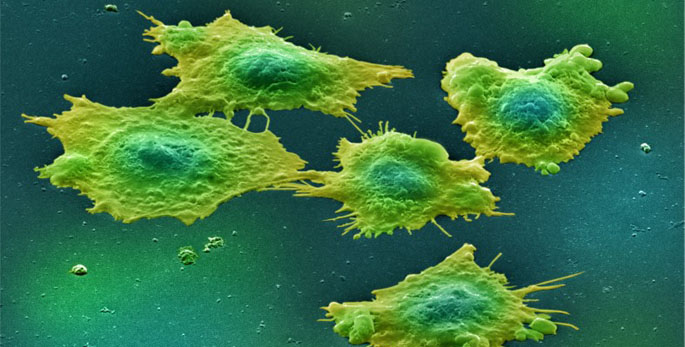
Targeting bone metastasis
The rigidity of the bone extracellular matrix increases the ability of tumor cells to destroy bone, suggesting new targets for anticancer drug development. Read MoreJul 23, 2015
-

Drug signaling networks
Vanderbilt investigators have developed a new algorithm to understand the networks of signaling molecules that control drug action. Read MoreJul 15, 2015
-
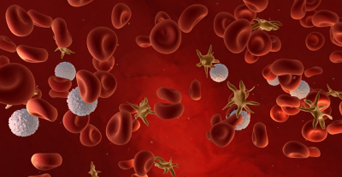
Hhex on cancer
A new mouse model demonstrates that the Hhex gene – which is linked to blood cancers – is critical for normal blood cell production. Read MoreJul 13, 2015
-
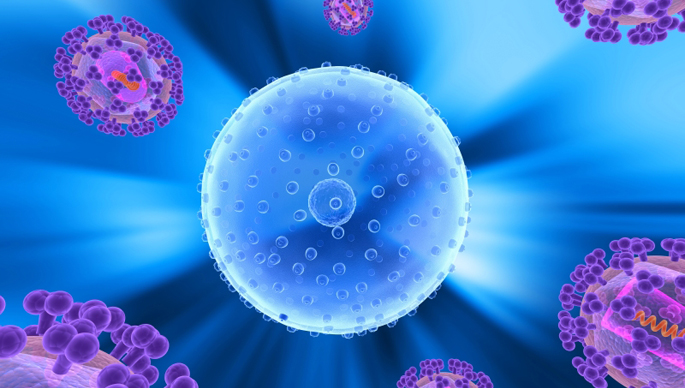
New strategy to combat HIV
Inhibitors of the enzyme phospholipase D1 suppress the replication of HIV-1, Vanderbilt investigators have discovered. Read MoreJun 12, 2015
-

Aging insights from budding yeast
The proteins that control entry and exit from the cell nucleus influence aging, Vanderbilt researchers have discovered. Read MoreApr 2, 2015
-
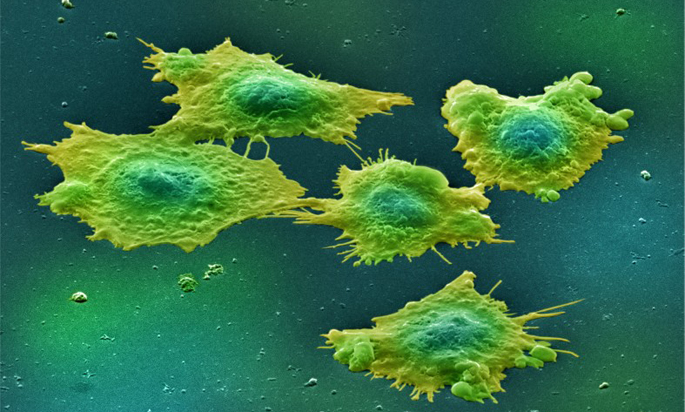
‘Stretched’ cells promote cancer
Mechanical stress appears to be a critical factor in activating normal tissue-associated fibroblasts to generate cancer-associated fibroblasts. Read MoreFeb 19, 2015
-
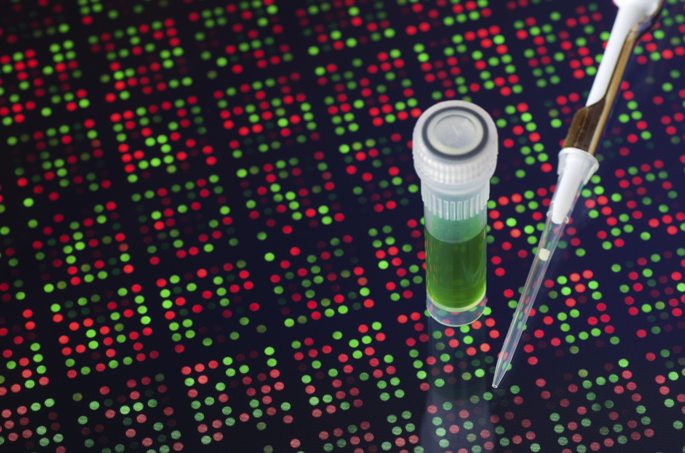
Gene profile predicts metastasis
A specific gene expression profile represents a novel, biologically relevant “signature” for identifying colon cancers with high risk of metastatic recurrence, Vanderbilt researchers have found. Read MoreFeb 9, 2015
-
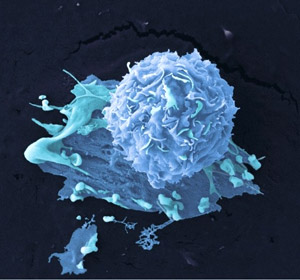
Enzyme affects tumor metastasis
A protein that degrades the “matrix” between cells participates in the development of lung metastases from primary breast cancer in mouse models and may be a good target for breast cancer treatment. Read MoreJan 8, 2015
-
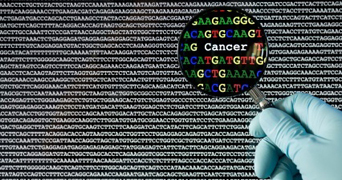
Protein “pockets” help ID cancer genes
Vanderbilt investigators have used a computational biology approach to uncover new cancer drivers and biomarkers of anticancer drug response. Read MoreNov 11, 2014